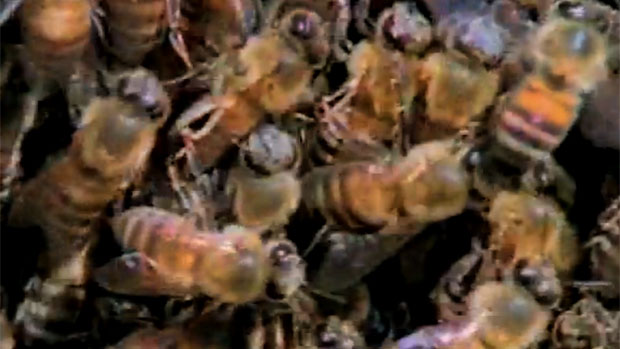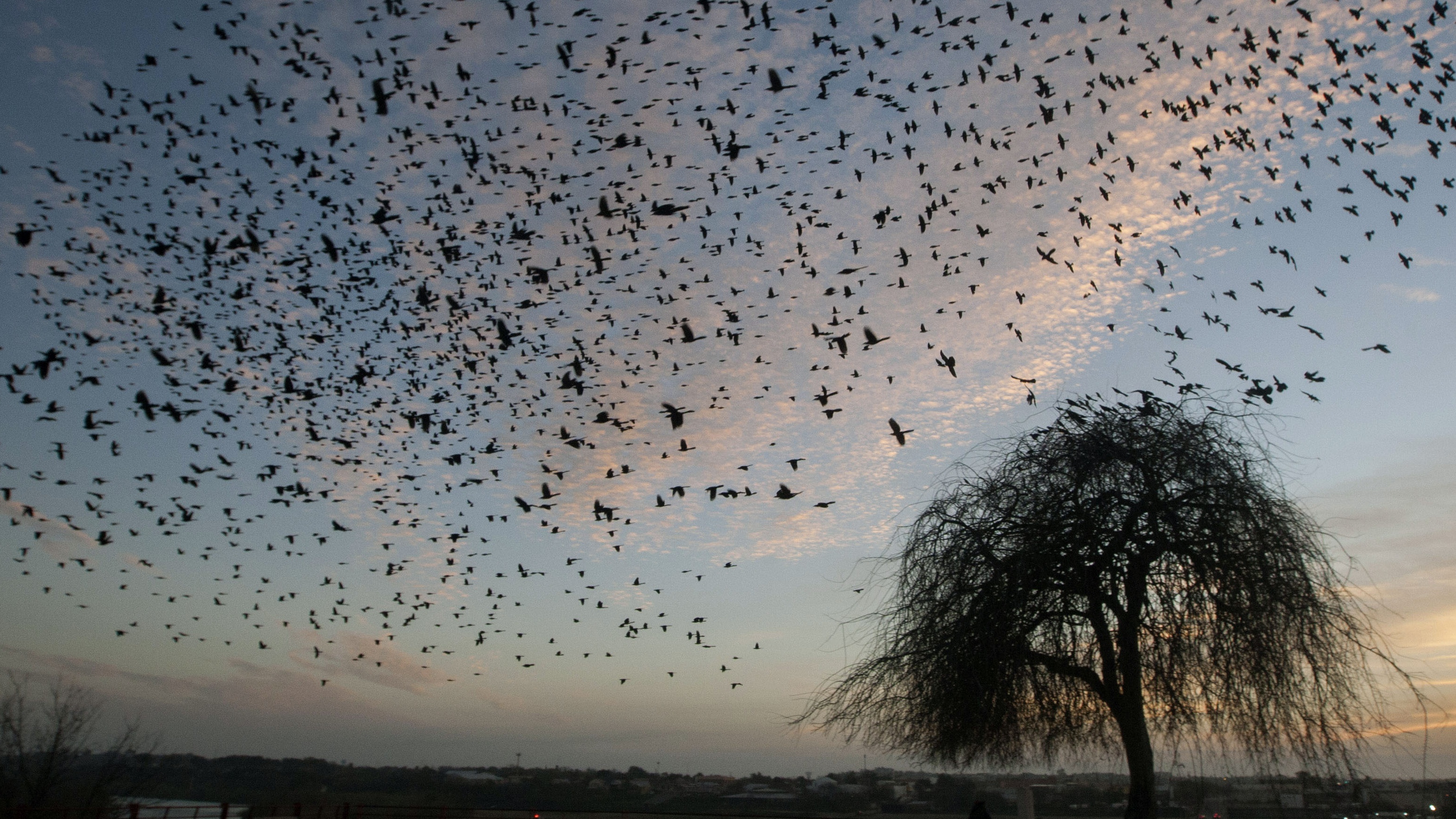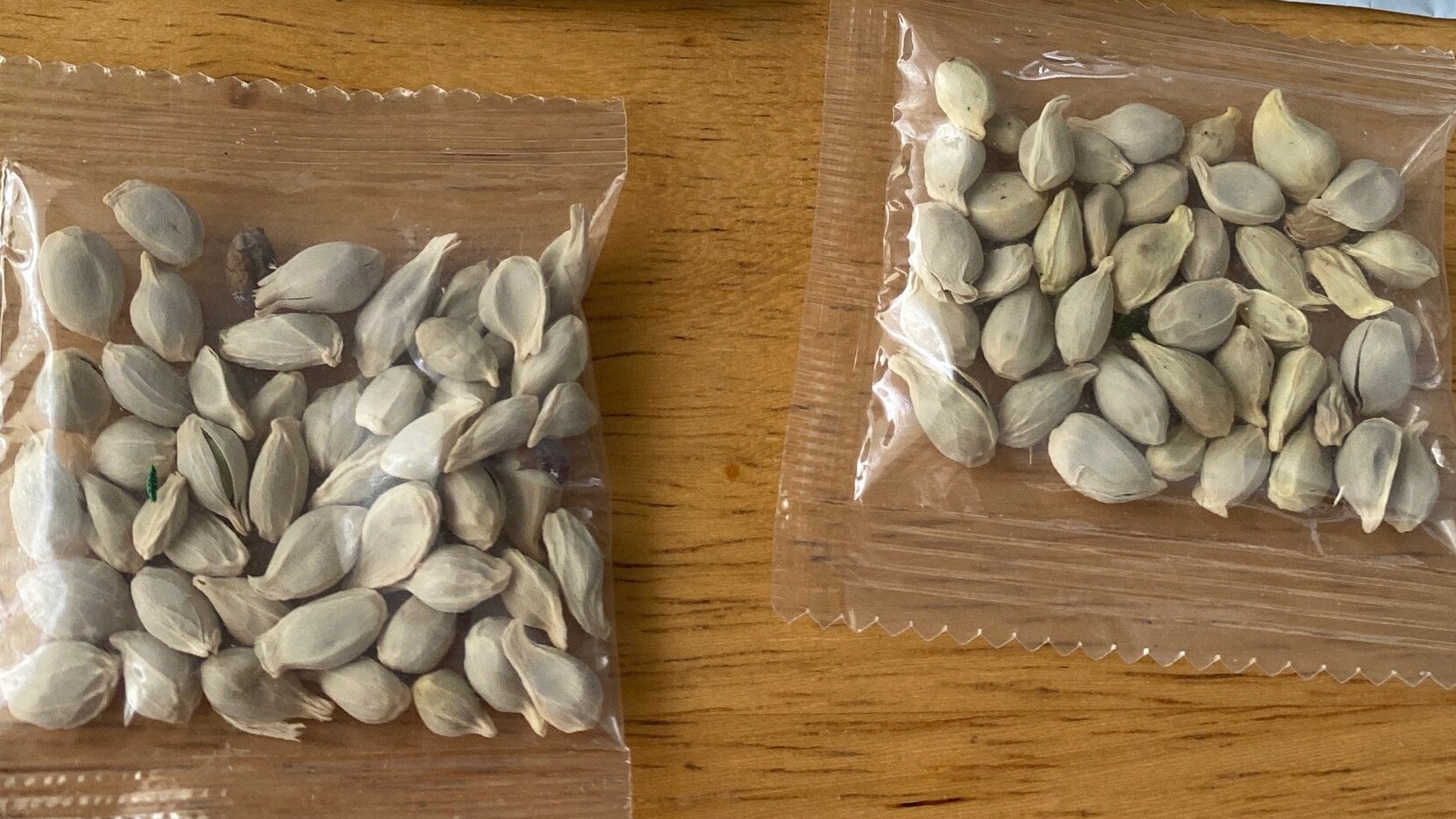Bees 'may become addicted' to nicotine-like pesticides
Honeybees 'get a buzz' from the toxic chemicals, raising fears that bee populations could plummet further

A free daily email with the biggest news stories of the day – and the best features from TheWeek.com
You are now subscribed
Your newsletter sign-up was successful
Bees prefer to eat food contaminated with pesticides and could become addicted to them in the same way smokers are addicted to nicotine, scientists have discovered.
A study by researchers at Newcastle University revealed that a chemical in neonicotinoid pesticides has a similar molecular structure to nicotine and may affect the reward centres in a bee's brain.
"As soon as it gets into their blood they're getting a little buzz, as it were, and they're responding to that," lead researcher Professor Geraldine Wright told the BBC.
The Week
Escape your echo chamber. Get the facts behind the news, plus analysis from multiple perspectives.

Sign up for The Week's Free Newsletters
From our morning news briefing to a weekly Good News Newsletter, get the best of The Week delivered directly to your inbox.
From our morning news briefing to a weekly Good News Newsletter, get the best of The Week delivered directly to your inbox.
A separate study detailed the damage such pesticides cause to bees. Wild bee populations halved in areas where the pesticides were used, while bumblebee hives stopped growing and produced fewer queens, according to research conducted in Sweden.
Bee populations are in decline across Europe and North America due to pesticide use, habitat loss and disease. There are real concerns that an addiction to these toxic pesticides could see bee numbers plummet even further.
The studies have been hailed as ground-breaking, and could be used to push for a ban on the use of such pesticides. "At this point in time it is no longer credible to argue that agricultural use of neonicotinoids does not harm wild bees," Dave Goulson, a bee expert at Sussex University told The Guardian.
However, the Crop Protection Association – which represents several pesticide producers – has questioned the research. "The latest studies must be seen in the context of ongoing campaign to discredit neonicotinoid pesticides, regardless of what the real evidence shows," it said.
A free daily email with the biggest news stories of the day – and the best features from TheWeek.com
-
 Political cartoons for February 21
Political cartoons for February 21Cartoons Saturday’s political cartoons include consequences, secrets, and more
-
 Crisis in Cuba: a ‘golden opportunity’ for Washington?
Crisis in Cuba: a ‘golden opportunity’ for Washington?Talking Point The Trump administration is applying the pressure, and with Latin America swinging to the right, Havana is becoming more ‘politically isolated’
-
 5 thoroughly redacted cartoons about Pam Bondi protecting predators
5 thoroughly redacted cartoons about Pam Bondi protecting predatorsCartoons Artists take on the real victim, types of protection, and more
-
 Shell’s North Sea oil U-turn: ‘a first victory in a longer war’?
Shell’s North Sea oil U-turn: ‘a first victory in a longer war’?Speed Read Controversy after oil giant pulls out of proposed Cambo project
-
 Fires, floods and storms: America’s ‘permanent emergency’ has begun
Fires, floods and storms: America’s ‘permanent emergency’ has begunSpeed Read This summer of climate horror feels like the ‘first, vertiginous 15 minutes of a disaster movie’, says The New York Times
-
 Hot air and empty rhetoric: is the UK acting too slowly on climate change?
Hot air and empty rhetoric: is the UK acting too slowly on climate change?Speed Read ‘Every day, new evidence accumulates that humanity is on an unsustainable path’
-
 Germany floods: what led to this ‘once-in-a-century’ disaster?
Germany floods: what led to this ‘once-in-a-century’ disaster?Speed Read Nearly 200 people died in Germany and Belgium; hundreds are still unaccounted for
-
 Penguin colony at risk as Somerset-sized iceberg bears down on British overseas territory
Penguin colony at risk as Somerset-sized iceberg bears down on British overseas territorySpeed Read Several species face starvation if the icy giant blocks access to feeding grounds
-
 ‘Full of hot air’: climate experts exposed as academia’s most frequent flyers
‘Full of hot air’: climate experts exposed as academia’s most frequent flyersSpeed Read Study results trigger calls for environmentalists to ‘look in the mirror’
-
 Mystery of millions of migrating birds dropping dead from US skies
Mystery of millions of migrating birds dropping dead from US skiesSpeed Read Some experts believe the West Coast wildfires may be to blame for ‘unprecedented’ mass bird deaths in New Mexico
-
 Americans warned not to plant mystery seeds being sent to homes nationwide from China
Americans warned not to plant mystery seeds being sent to homes nationwide from ChinaSpeed Read Officials say the unsolicited packages have been mailed to residents in at least 27 US states